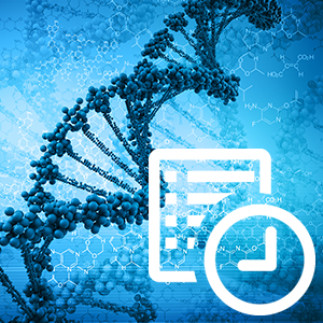CONFÉRENCE SCIENTIFIQUE
de l'Unité collaboratrive en épigénétique moléculaire (UCEM)
Invitation des Drs Noël Raynal et Serge McGraw
Gerardo Ferbeyre, MD, PhD
Professeur, Département de biochimie, Université de Montréal
An epigenetic program protects tumor cells from the senescence tumor suppressor mechanism
Cancer is traditionally understood as a genetic disease caused by mutations that activate oncogenes or inactivate tumor suppressor genes. Of interest, gene expression can be also controlled by stable but ultimately reversible changes in the chromatin that also contribute to tumor progression. Senescence is a stable cell cycle arrest that efficiently prevents tumor formation. However, sometimes senescence fails as an anti-cancer mechanism and cancer progress. Under the genetic model, it was thought that this failure was due to mutations in genes required for senescence and therefore little could be done to restore this form of tumor suppression. Here, I will propose that epigenetic changes protect prostate cancer cells from senescence. We discovered that a drug currently in clinical trials for the treatment of breast cancer and known as palbociclib is actually a “safe” epigenetic modulator. In studies conducted with cells in culture and in a mouse model, we found that senescence was defective in prostate cancer cells and that palbociclib could restore the senescence response to these cells. The mechanism explaining this result involves a novel interaction between the cyclin dependent kinase CDK4, the target for palbociclib, and the epigenetic enzyme DNMT1.

